Vape Vending Machines Sales Laws and Regulations in North Carolina
Thinking of Launching a Vape Vending Machine in North Carolina?
Here’s What You Need to Know First
Disclaimer: This page is intended for informational purposes only and should not be considered legal advice. Consult official North Carolina government resources for the most current regulations.

Vending machines distributing tobacco products are permitted (i) in any establishment which is open only to persons 18 years of age and older; or (ii) in any establishment if the vending machine is under the continuous control of the owner or licensee of the premises or an employee thereof and can be operated only upon activation by the owner, licensee, or employee prior to each purchase and the vending machine is not accessible to the public when the establishment is closed.
Effective July 1, 2024, “all retail dealers of vapor products must obtain a license for each…location where a retail dealer receives or stores non-tax paid vapor products” and each “location from where a retail dealer that is a delivery seller or a remote seller receives or stores non-tax paid vapor products for delivery sales.” The “Retail License cost is $10.00” and is “in effect until June 30 of the year following the second calendar year after the date of issuance or renewal.”
Signage Requirements
Retail distributors of tobacco and vapor products must prominently display a sign near the point of sale, with letters at least five-eighths of an inch high, stating:
“N.C. LAW STRICTLY PROHIBITS THE PURCHASE OF TOBACCO PRODUCTS, TOBACCO-DERIVED PRODUCTS, VAPOR PRODUCTS, AND CIGARETTE WRAPPING PAPERS BY PERSONS UNDER THE AGE OF 18. PROOF OF AGE REQUIRED.”
Excise Tax Requirements
North Carolina imposes an excise tax on vapor products. Per "N.C. Gen. Stat. § 105-113.36A" (Effective July 1, 2025):
(a) Tax Imposed. – An excise tax is levied on the sale, use, consumption, handling, or distribution of tobacco products at the following rates: (1) On vapor products, the rate of five cents (5¢) per fluid milliliter of consumable product. All invoices for vapor products issued by manufacturers must state the amount of consumable product in milliliters.”
Getting Started With Vape Vending in North Carolina
In North Carolina, forming a Limited Liability Company (LLC) and registering to collect and remit sales tax both involve state government agencies:
- (1) Forming an LLC
- You register a new LLC with the North Carolina Secretary of State. The Business Registration Division handles all filings for LLCs (and other business entities).
- Forms, filing instructions, and fee information can be obtained directly from the Secretary of State. You may file online or by mail.
- For questions or assistance, the Secretary of State’s Office can be reached at (919) 814-5400.
- (2) Registering for Sales Tax
- Once your LLC is established, you must register with the North Carolina Department of Revenue (DOR) if you plan to sell taxable goods or services.
- You can complete the business registration application (commonly referred to as a Form NC-BR or similar) with the DOR to obtain your sales and use tax account.
- For questions, contact the Department of Revenue at (877) 252-3052.
Both agencies—Secretary of State for LLC filings and Department of Revenue for tax registration—are official North Carolina government entities. Always ensure you are using official forms and contacting the agencies directly. If you have questions about legal requirements, consider consulting an attorney or the Economic Development Partnership of North Carolina (EDPNC) for small business advising at (800) 228-8443.
Additional Resources
Economic Development Partnership of North Carolina Inc
Mailing Address: 150 Fayetteville St., Suite 1200
City, State, Zip Code: Raleigh, NC 27601
Phone Number: (919) 447-7777
Contact the Economic Development Partnership’s Small Business Advisor Team at: (800) 228-8443
Local municipalities may have additional regulations or licensing requirements. Always check with city or county officials.
This summary is for informational purposes and is not legal advice. For the most accurate and up-to-date information, consult the North Carolina General Statutes, the North Carolina Administrative Code, or speak with a qualified attorney.
Questions? Call us at +1 888-537-8273

